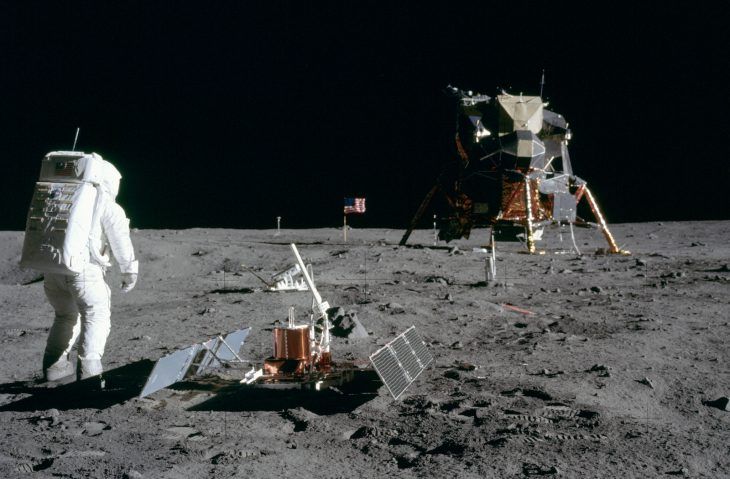It is important to plan for "what comes next" once we achieve our goals.
Ryuutou Dabi [pronounced “r-you toe dah-bee”] literally means “dragon head, snake tail” — and symbolically refers to the possibility of anticlimax in life, and especially in our endeavors.
This can take two forms: in one instance, we might so focus on achieving a goal that it becomes all-consuming, larger-than-life in importance and value. And in another aspect, we might indeed achieve a great goal that we have for ourselves, but fail to plan for "what comes next" once we achieve that goal, creating a kind of anti-climax in our lives.
The Puny Snake Behind the Dragon
How many times have we begun “the next great thing” or possibly we’ve purchased “the next great gadget” — and then been sorely disappointed by the outcome of our project, or the utility of our brand-new shiny gizmo? We are so often seduced into thinking that the dragon’s head we saw was the front of a giant shimmering dragon’s body… but in reality, we were only seeing the facade of a dragon hiding a puny snake’s body behind.
Interestingly enough, in such cases we are seduced not by others, but by ourselves. Oh surely we are “helped” along the path of seduction by marketing, advertising, or sometimes simply the well-wishes of others. But we ultimately are the ones that seduce ourselves into believing the dragon’s head indicates the presence of a mighty beast.
The reality of the universe is that many of the dragon’s heads we see are simply the promise of potential — not the actuality of a reality that exists. And in some cases, we are imposing our own desire for a reality to exist that truly does not.
For instance, we can wish that a new idea for a business will work and be successful, but despite our wishing, we cannot make a fundamentally bad idea into a good one. Nor can we make a fundamentally flawed relationship into a successful lasting one.
To the Moon, and Back: The Next Act
There is another, equally important, aspect to Ryuutou Dabi, however.
Consider this: the early Apollo astronauts trained heroically to achieve what had never been done before by anyone: to leave Earth, travel to the Moon, and to land on the surface of the Moon, and come home again. To this day, their achievement is an unparalleled milestone in the history of mankind.

But what do you next, once you've come back from the Moon?
Those early pioneers – among the bravest and smartest explorers of their time – faced this very question, and for some, the answer became a spiraling history of substance abuse, ennui, and failure.
How can this be? These men were at the top of their fields, and were amazingly successful and rightfully received a tremendous amount of respect and acknowledgment for their achievements.
The problem is that, regardless of how amazing our achievements are, we have to plan for what comes after. For every great goal that we achieve, it is important to plan for "the day after" – a day after when we begin a new project, strive for a new achievement.
This is a very important part of goal setting and planning. Of course, we should celebrate our achievements and we should savor our victories. That's a wonderfully important part of life, and an important motivation for ourselves that we richly deserve.
But to dwell on the achievements of the past without a plan for the future is a sure recipe for disappointment. We must avoid this, and be cognizant of the importance of planning for our future goals, once our presents ones are achieved.
Planning for the Future, Choosing our Goals Carefully
Ryuutou Dabi is not necessarily a pessimistic message, however. In fact, it ultimately can be a successful and optimistic one.
Consider that there is an enormous amount of energy, time, and resources which must be invested into every path we take in life. Being prepared to examine more closely those paths means that we are more discriminating about which paths we ultimately take.
We have finite resources: our time, our energy, all our material things — these are not endless. If we look closely at each dragon’s head that we see, determine which in reality has a true dragon behind it, and then follow only those paths, we will have the time, energy, and resources to accomplish our goals, have the opportunities and relationships that we desire, and ultimately, find our paths of happiness and fulfillment in life.
And if we carefully plan for "the next day" in our goal setting, we also will position ourselves for future success. This is just as important as the planning and effort that went into achieving today's success.
| Kanji/Katakana | Meaning |
|---|---|
| 竜 | Dragon (ryu) |
| 頭 | Head (atama) |
| 蛇 | Snake (Hebi) |
| 尾 | Tail (o) |
Editor's Note: This lecture was first delivered by Sensei at the Goju Karate dojo in San Rafael, California on 17 September 2014, and then again at the Goju Karate Honbu Dojo and via Livestream on 16 September 2022.



![Taikibansei — Great Talent, Evening Forming 大器晩成 [Edition 2025]](https://images.unsplash.com/photo-1534447677768-be436bb09401?crop=entropy&cs=tinysrgb&fit=max&fm=jpg&ixid=M3wxMTc3M3wwfDF8c2VhcmNofDIzfHxzaG9vdGluZyUyMHN0YXJ8ZW58MHx8fHwxNzQ0MTU3MTQzfDA&ixlib=rb-4.0.3&q=80&w=720)
![Gaden Insui — Pull Water to My Own Rice Paddy 我田引水 [Edition 2025]](https://images.unsplash.com/photo-1512117789060-5de1ecef9eb7?crop=entropy&cs=tinysrgb&fit=max&fm=jpg&ixid=M3wxMTc3M3wwfDF8c2VhcmNofDF8fHN0YW5kJTIwdXB8ZW58MHx8fHwxNzQzMzYwMTAzfDA&ixlib=rb-4.0.3&q=80&w=720)
